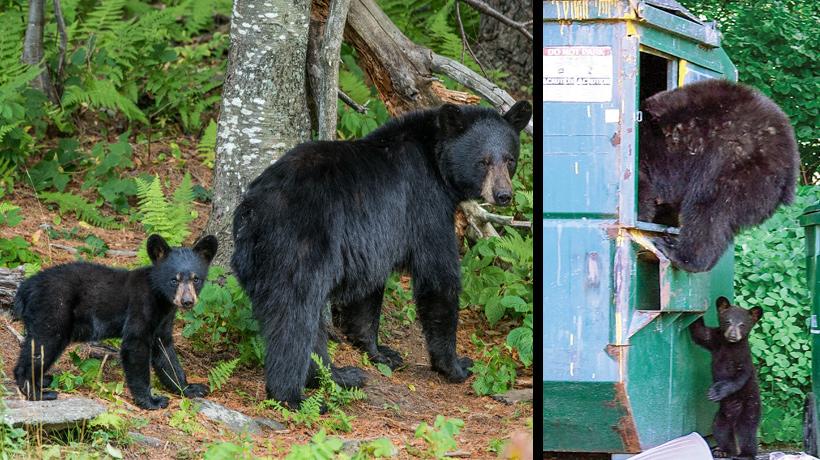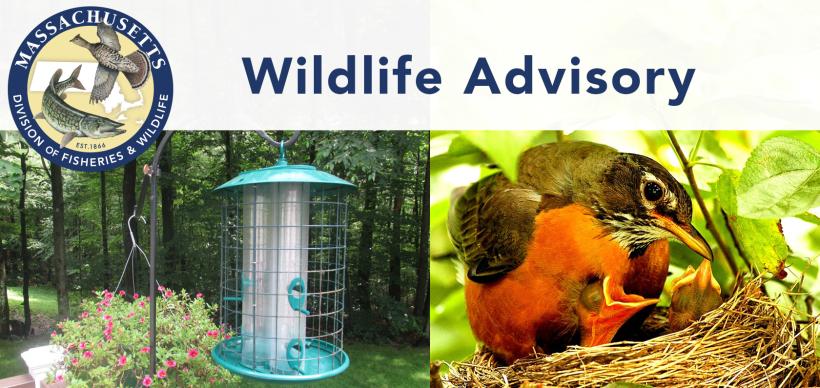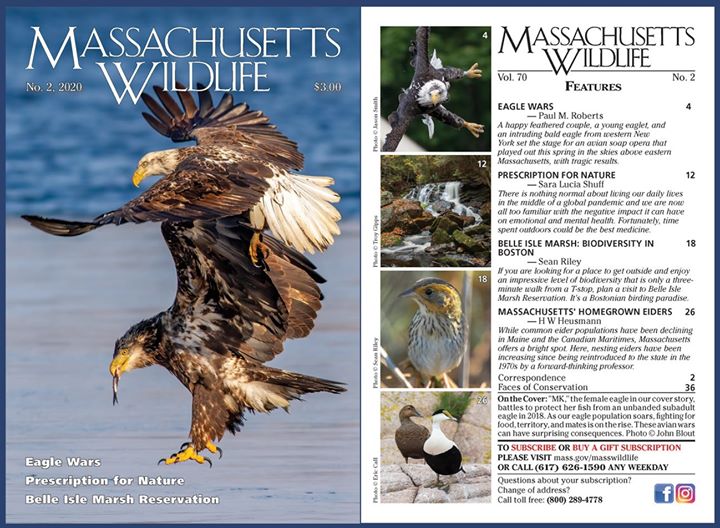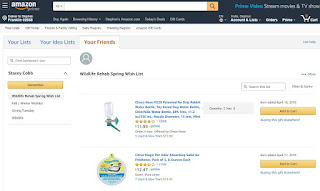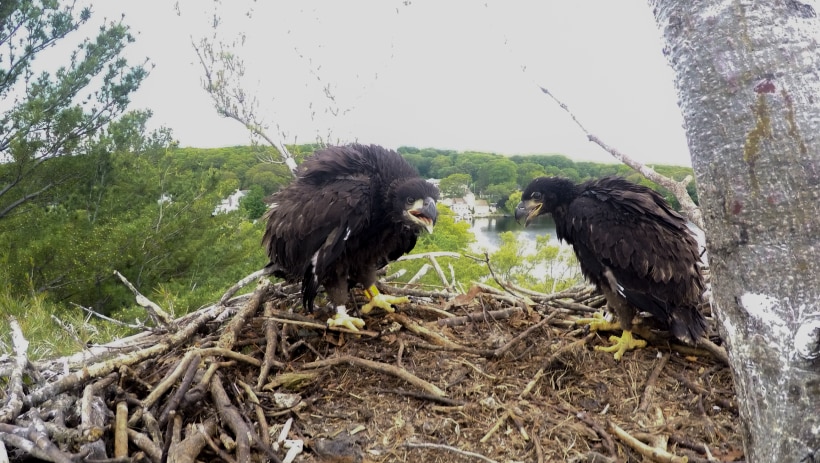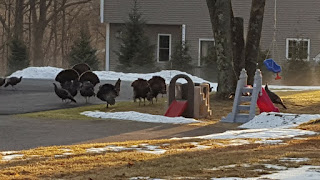"One of the world’s most adaptable animals, coyotes have learned to live in urban environments. And as they become more accustomed to their surroundings, and with plentiful amounts of discarded food, they can grow less fearful of their human neighbors, wildlife experts say.“They’re out there, and they’re here to stay. The best thing we can do is learn how to live with them,” said Elizabeth Magner, an animal advocacy specialist for the MSPCA. “We all need to be aware of the wild animals around us.”State officials estimate that as many as 11,500 coyotes are living in Massachusetts, and they’ve been reported in every city and town on the mainland. Only Nantucket and Martha’s Vineyard, to date, have failed to record a sighting."
Continue reading the article online. (Subscription maybe required)

